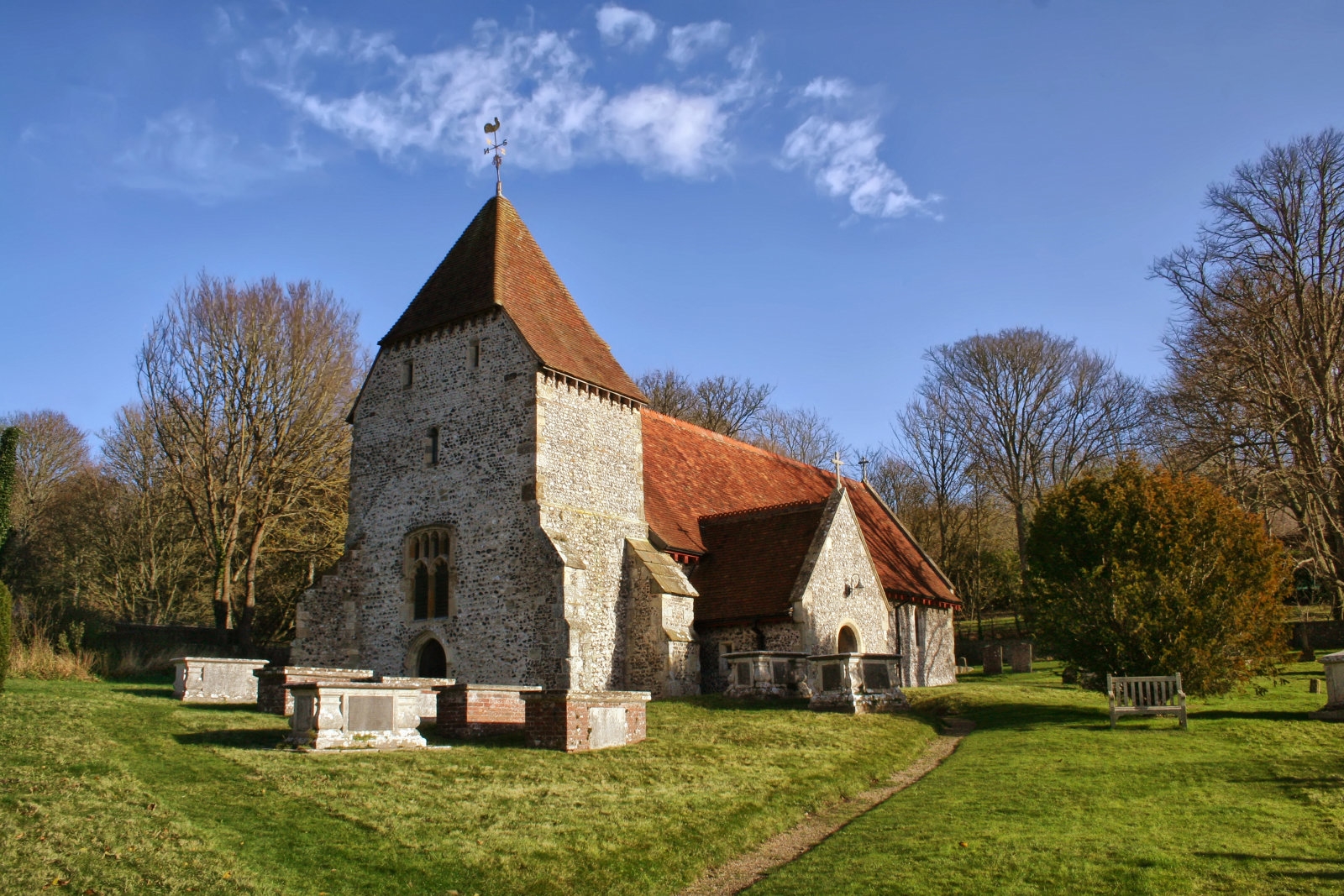Though our cities now teem with fiber optic cables and 4G signals, it’s still common for rural areas to struggle with even basic connectivity. In the UK, a new pact between church and state could help local religious hubs become bastions of faster broadband. The National Church Institutions (NCIs) of the Church of England and the government will work together to promote the use of churches and other church-owned properties as sites for digital infrastructure, improving broadband, mobile and WiFi access for rural communities.
Individual dioceses and parishes will continue to make the final call on whether it’s appropriate for the local church spire to host a new 4G mini-mast or not. The NCIs will be responsible for educating decision makers on the benefits better connectivity brings to the community, and how it can provide new ways for the church to communicate with its parishioners. There could be other benefits, too, such as income for the church or an agreement to share the cost of maintaining the buildings that host the infrastructure. The NCIs will also work with providers to draw up a sort of standard contract that should help take some of the administrative strain off the individual parishes.
The government will support the NCIs in all of this, as well as encourage providers to take advantage of these opportunities. While this is a broad initiative, some dioceses had the same bright idea many years ago. As it stands, however, only around 120 churches play host to broadband and mobile infrastructure. In all, the Church of England has over 16,000 buildings in 12,500 parishes, with nearly two-thirds of those situated in rural areas, so there are still plenty of spires to populate.
Off the back of this accord, which could help connect the last few percent to faster services, the government hopes there’s a possibility agreements “could be made with other faith communities that have similar estates.”
(18)

